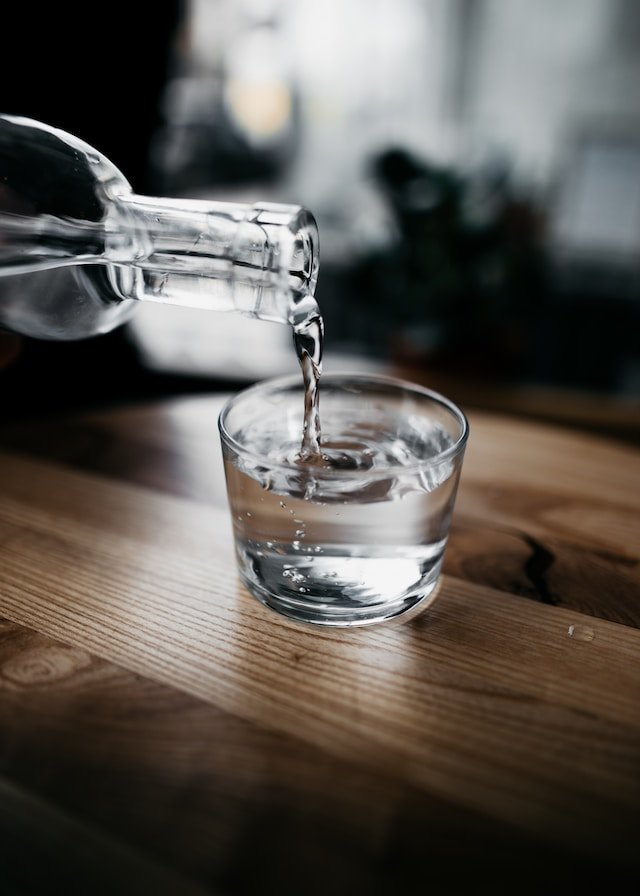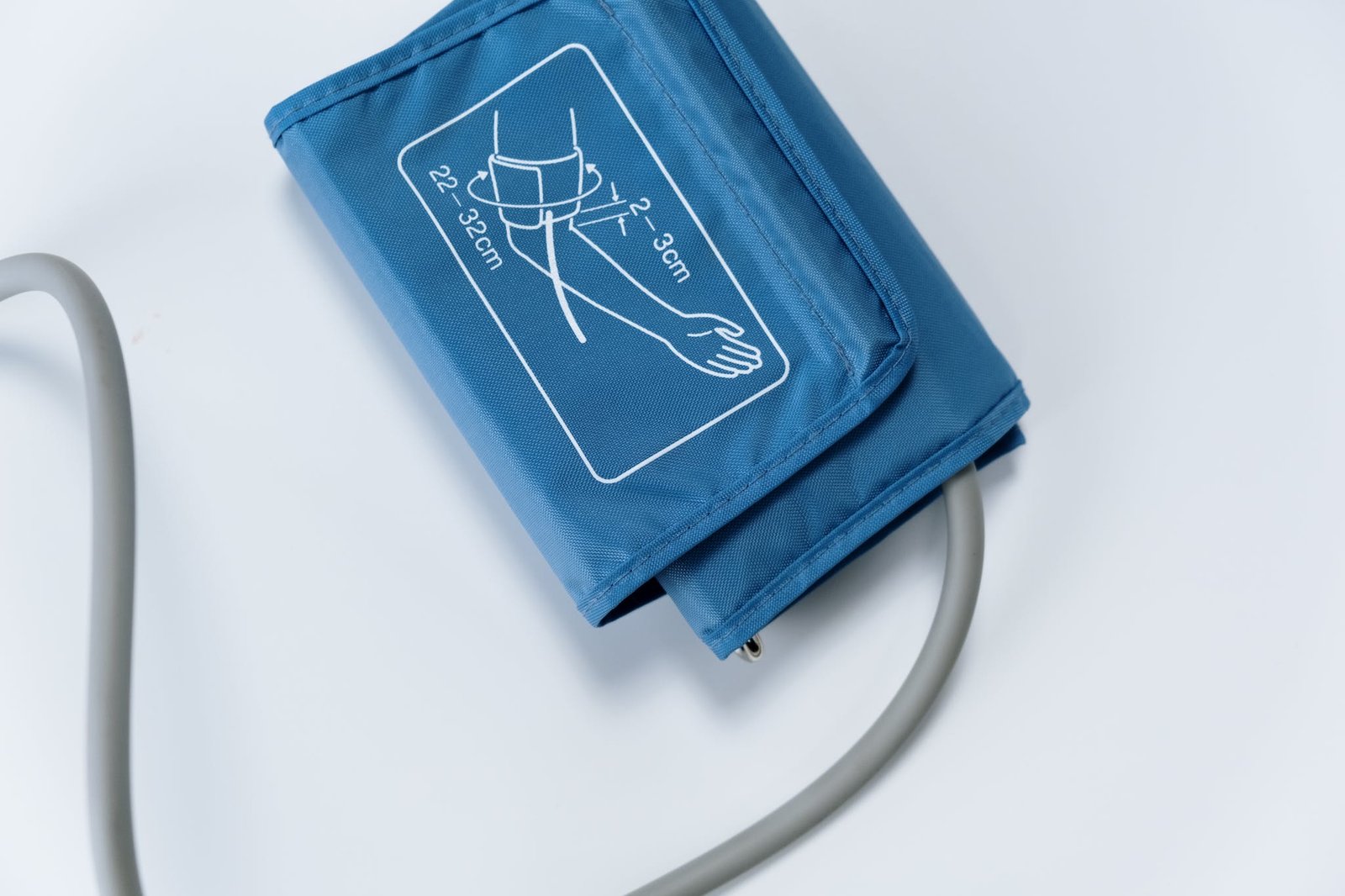Drinking Water to Reduce Joint Pain and Inflammation
There are some affiliate links below, but they are all products I highly recommend. For more info, view my disclosure here.
Are you tired of dealing with joint pain and inflammation? Well, the solution may be simpler than you think.
By drinking enough water, you can reduce discomfort and promote healthier joints. Dehydration is a major contributor to joint pain, but staying hydrated helps to reduce inflammation and improve mobility.
We will explore the importance of hydration for joint health and provide some helpful tips to relieve discomfort.
So grab a glass of water and let’s get started!
The Importance of Hydration for Joint Health
Staying properly hydrated is crucial for maintaining healthy joints and reducing inflammation. Your joints are surrounded by a synovial fluid that helps lubricate and cushion them. When you’re dehydrated, this fluid becomes thicker, making it harder for your joints to move smoothly. This can lead to increased friction and wear and tear on your joints, causing pain and inflammation.
By drinking enough water, you can ensure that your synovial fluid remains thin and effective in keeping your joints mobile and pain-free.
In addition to maintaining the lubrication of your joints, staying hydrated also helps reduce inflammation. When your body is dehydrated, it produces more histamine, a compound that triggers inflammation. By drinking enough water, you can dilute the concentration of histamine in your body, helping to alleviate joint inflammation.
Moreover, water is essential for flushing out toxins and waste products from your joints. This helps reduce inflammation and promotes the overall health of your joints.
Remember to drink water throughout the day, especially during physical activity or when exposed to hot weather. Aim for at least eight glasses of water a day to keep your joints well-hydrated and functioning optimally.
How Dehydration Contributes to Joint Pain
Make sure you hydrate properly to prevent exacerbating your joint discomfort. Dehydration can have a significant impact on joint pain and inflammation. When you don’t drink enough water, your body becomes dehydrated, resulting in decreased joint lubrication and increased friction. This can lead to stiffness, swelling, and increased pain in your joints.
Dehydration can also affect the cartilage in your joints, which acts as a cushion between your bones. Without adequate hydration, the cartilage may become weak and more prone to damage, further worsening joint pain.
Drinking enough water is essential for maintaining joint health. Staying hydrated helps to keep your joints lubricated, allowing for smoother movement and reducing the risk of friction-related pain and inflammation. Water also aids in the removal of waste products from your joints, helping to reduce swelling and discomfort.
To ensure you’re properly hydrated, aim to drink at least 8 glasses of water per day. You can also incorporate water-rich foods into your diet, such as fruits and vegetables. By making hydration a priority, you can help alleviate joint pain and promote overall joint health.

The Role of Water in Reducing Inflammation
Ensuring you stay properly hydrated can play a crucial role in alleviating discomfort in your joints and promoting overall joint health. Water is essential for reducing inflammation in your body, including your joints. When you’re dehydrated, your body becomes more prone to inflammation, which can lead to joint pain and discomfort.
By drinking enough water, you can help flush out toxins from your body, reducing the risk of inflammation and joint pain. Water acts as a natural lubricant for your joints, helping to keep them flexible and reducing friction. It also helps to cushion your joints, providing them with the necessary support to function properly. When you’re properly hydrated, the cartilage in your joints is better able to absorb shock and maintain its elasticity, reducing the risk of joint pain and inflammation.
In addition to reducing inflammation, drinking enough water also helps to improve the overall health of your joints. It helps to deliver essential nutrients to your joints, promoting their repair and maintenance. Water also helps to remove waste products from your joints, preventing the buildup of toxins that can contribute to joint pain and inflammation.
Hydration Tips to Relieve Joint Discomfort
To relieve joint discomfort, try incorporating hydrating foods and beverages into your daily routine. Staying hydrated is essential for maintaining healthy joints and reducing inflammation.
Start your day with a glass of water or a cup of herbal tea to hydrate your body and kickstart your metabolism. Throughout the day, make sure to drink water regularly to keep your joints lubricated and flexible.
You can also include hydrating foods in your meals, such as watermelon, cucumbers, and celery, which have high water content and can help keep your joints hydrated. Consider incorporating beverages like coconut water or sports drinks that contain electrolytes to replenish any lost fluids during physical activity.
Avoid sugary drinks and alcohol, as they can dehydrate your body and worsen joint discomfort. Remember to listen to your body and drink when you feel thirsty.
The Link Between Water Intake and Joint Mobility
Staying properly hydrated is crucial for maintaining the flexibility and mobility of your joints. When you don’t drink enough water, your body can become dehydrated, which can lead to joint pain and inflammation. Drinking an adequate amount of water can help to reduce these symptoms and improve your joint health.
Water plays a vital role in keeping your joints lubricated and cushioned. It helps to maintain the integrity of the cartilage, which acts as a shock absorber between your bones. When you’re dehydrated, the cartilage can become dry and brittle, leading to joint stiffness and discomfort.
Water helps to flush out toxins from your body, including those that can contribute to joint inflammation. By staying hydrated, you’re helping your body to eliminate these harmful substances, reducing the risk of joint pain and swelling.
Remember to drink water throughout the day, even if you don’t feel thirsty. Thirst is actually a sign that you’re already dehydrated, so it’s important to stay proactive in your hydration efforts. Aim to drink at least eight glasses of water per day, and even more if you’re physically active or live in a hot climate.
Hydrating Foods to Support Healthy Joints
Eating foods with high water content, such as cucumbers and watermelon, can help keep your joints hydrated and healthy. When you consume these hydrating foods, you provide your body with the necessary fluids to lubricate your joints and reduce any discomfort or pain you may be experiencing.
Cucumbers, for example, are made up of about 96% water, making them an excellent choice for promoting joint health. Watermelon, with its juicy and refreshing nature, also contains a high percentage of water, keeping your joints well-hydrated.
By incorporating these foods into your diet, you can support the overall health of your joints and alleviate any inflammation or stiffness you may be feeling. These foods are packed with essential vitamins and minerals that contribute to your overall well-being.







